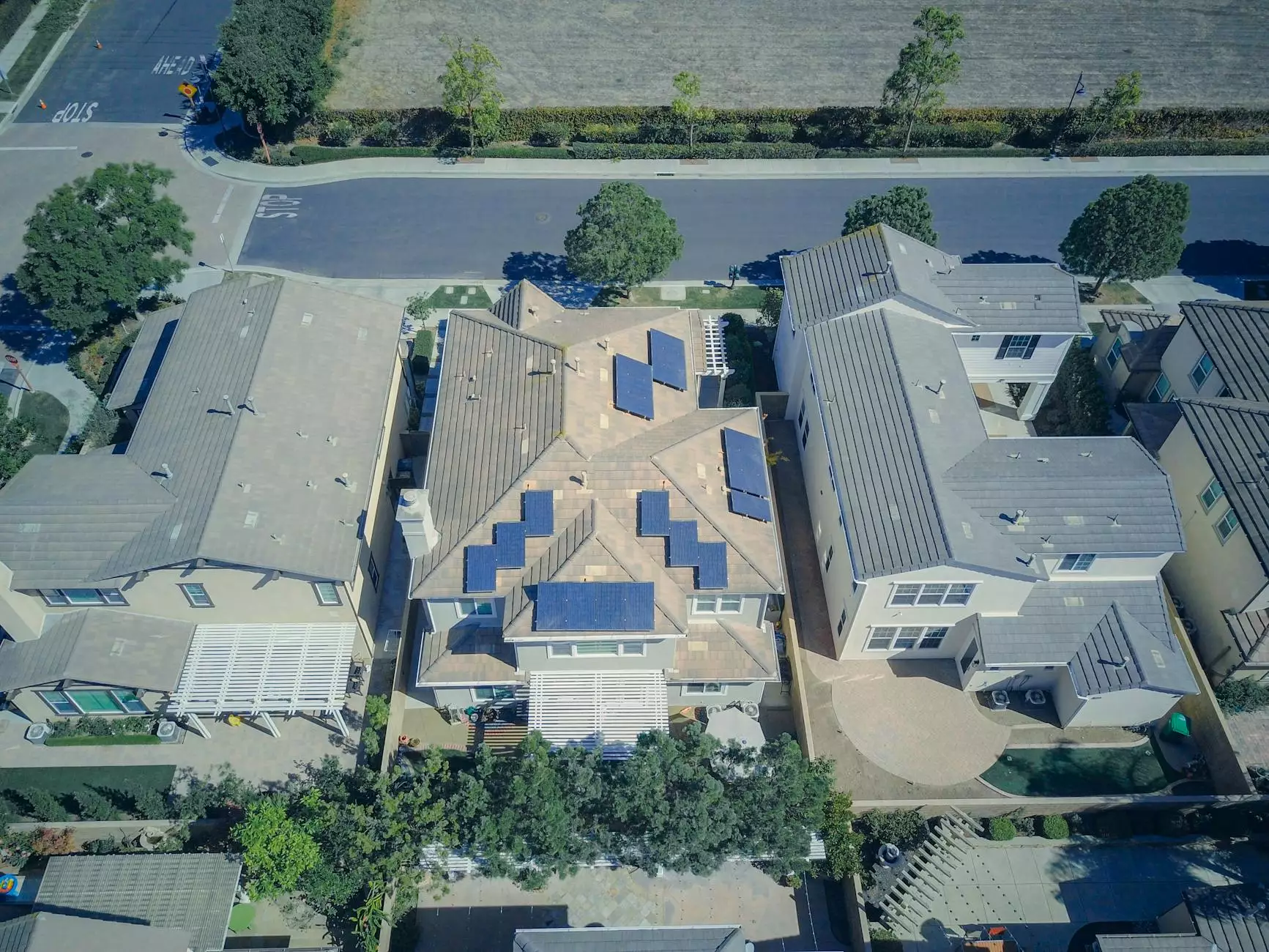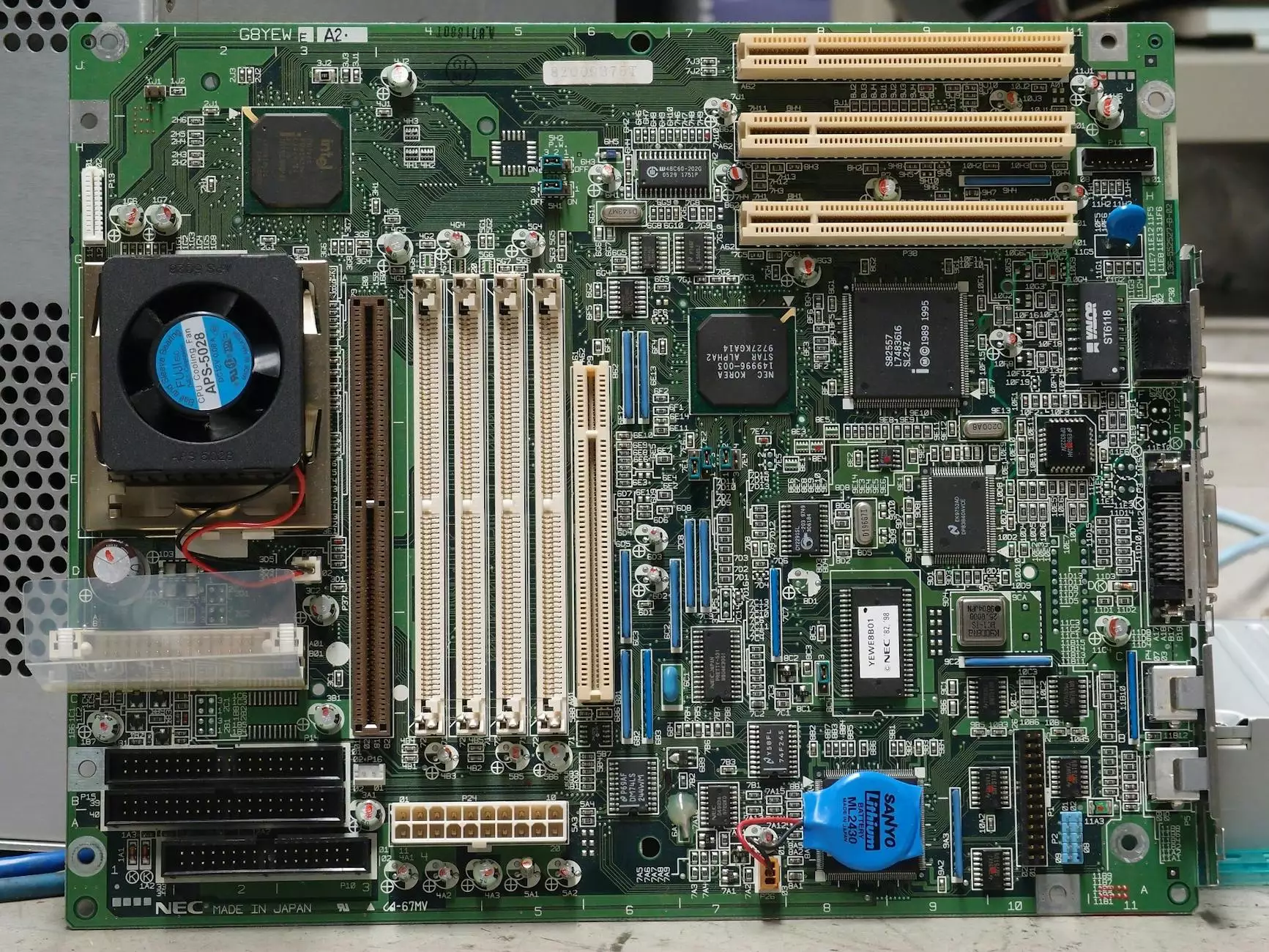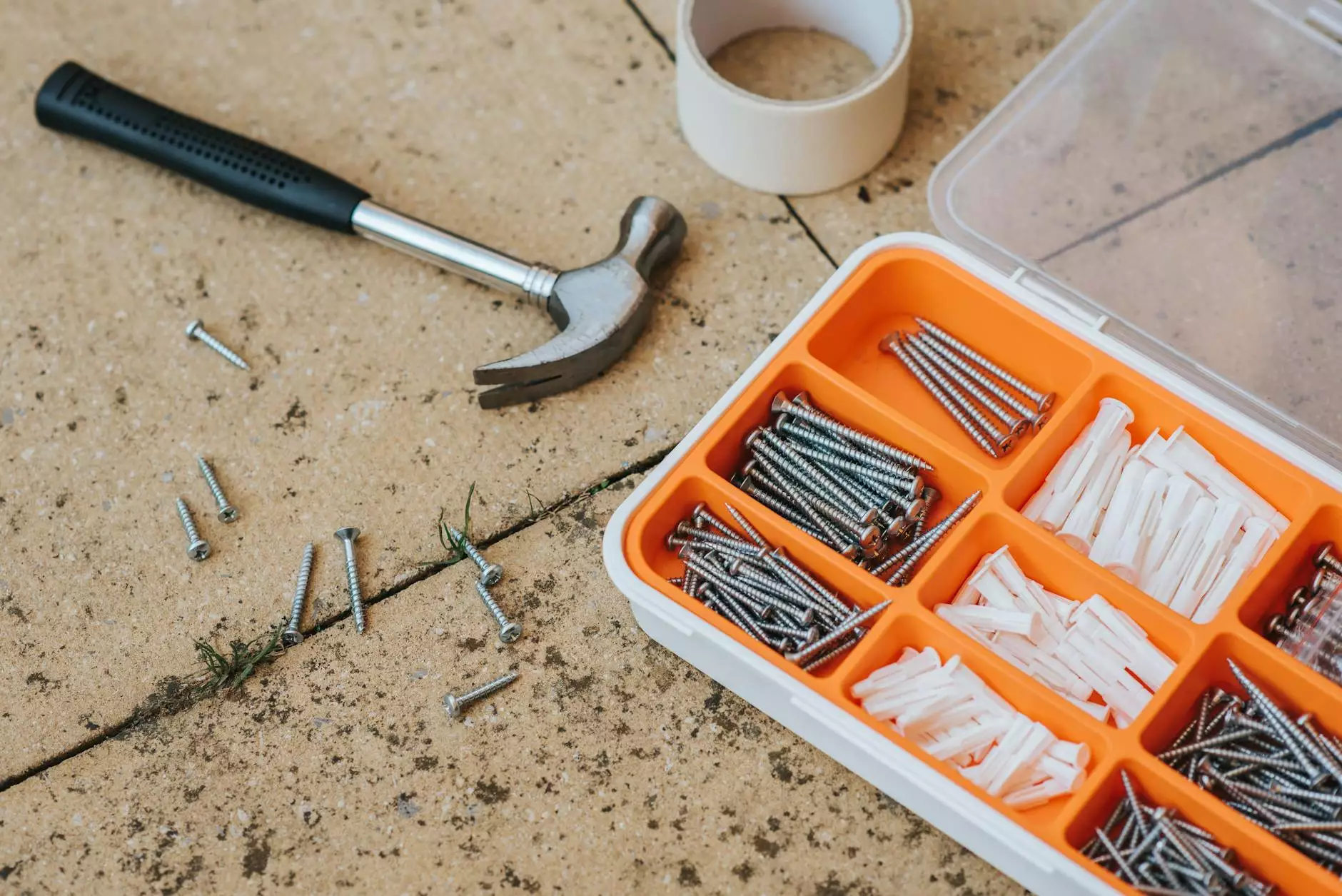Home Solar DIY: The Ultimate Guide for Solar Installation in the Home and Garden

Introduction
Welcome to HomeSolarDIY.com, your ultimate resource for all things related to solar installation in the home and garden. In this comprehensive guide, we will provide you with all the necessary information, tips, and guidance you need to successfully embark on your own home solar DIY project. Going solar is not only an environmentally-friendly choice but also a smart financial investment that can significantly reduce your energy bills. With our expert advice and detailed insights, you'll be equipped to take control of your energy consumption and contribute to a sustainable future.
Why Choose Solar Energy?
Solar energy offers numerous benefits for homeowners, making it an increasingly popular choice across the globe. Here are some compelling reasons why you should consider incorporating solar power into your home:
- Financial Savings: By harnessing the power of the sun, you can significantly reduce your monthly electricity bills. Solar panels generate clean and renewable energy, saving you money in the long run.
- Environmentally Friendly: Solar energy is a clean and sustainable alternative to traditional energy sources. By using solar panels, you can reduce your carbon footprint and minimize your impact on the environment.
- Energy Independence: With solar power, you can become less dependent on the grid and take control of your energy consumption. This gives you peace of mind, especially during power outages or times of high energy demand.
- Increased Home Value: Homes equipped with solar panels have a higher resale value. Installing solar can be a wise long-term investment that not only pays for itself but also adds value to your property.
Getting Started with Home Solar DIY
Embarking on a home solar DIY project may seem overwhelming at first, but with the right knowledge and guidance, it can be a rewarding experience. Here are the key steps to get you started:
Step 1: Assess Your Energy Needs
Before diving into solar installation, it's important to assess your energy needs and determine how much electricity you consume on a daily basis. This will help you understand the size and capacity of the solar system you need to install. Consider factors such as the number of occupants in your home, your average electricity usage, and any potential future increase in energy demands.
Step 2: Evaluate Your Property
Next, evaluate your property's suitability for solar installation. Ensure that your roof receives ample sunlight throughout the day and is structurally capable of supporting solar panels. If your roof is shaded or not ideal for solar panels, consider alternative options such as ground-mounted systems or solar pergolas.
Step 3: Choose the Right Solar Panels
Choosing the right solar panels is crucial for an efficient and durable home solar system. Consider factors such as panel efficiency, warranty, durability, and manufacturer reputation. Look for reputable solar panel brands that offer excellent performance and long-term reliability.
Step 4: Determine Your Budget
Establishing a budget for your home solar DIY project is essential. Take into account the cost of solar panels, inverters, mounting equipment, and additional installation materials. You may also want to explore available rebates, incentives, and financing options to make your solar investment more affordable.
Step 5: Obtain Permits and Approvals
Before starting the installation process, ensure you have obtained the necessary permits and approvals from your local authorities. This ensures that your home solar system complies with all relevant regulations and safety standards.
Step 6: Install Your Solar System
Now it's time to install your solar system! Depending on your skill level and comfort with DIY projects, you can choose to install the system yourself or hire a professional solar installer. Follow the manufacturer's instructions carefully and take all necessary safety precautions during the installation process.
Step 7: Monitor and Maintain
Once your solar system is up and running, it's important to monitor its performance regularly. Keep an eye on the energy production, check for any signs of damage or malfunctions, and clean the solar panels periodically to ensure optimal efficiency. Regular maintenance will extend the lifespan of your system and maximize its energy output.
The Advantages of DIY Solar Installation
Opting for a DIY approach to solar installation can offer several advantages for homeowners.
- Cost Savings: By doing the installation yourself, you can save a significant amount of money on labor costs. This makes solar energy more accessible and affordable for many homeowners.
- Learning Opportunity: DIY solar installation provides an excellent opportunity to learn about solar technology, energy systems, and sustainable living. It empowers homeowners to become more knowledgeable about their own energy consumption.
- Flexibility and Control: When you handle the installation yourself, you have full control over the entire process. You can choose the best equipment, customize the system to meet your specific needs, and make adjustments as required.
Conclusion
HomeSolarDIY.com is your ultimate guide for successfully incorporating solar installation into your home and garden. With our detailed insights, step-by-step guidance, and expert tips, you'll have all the necessary information to embark on your own home solar DIY project. Going solar not only helps you save money but also allows you to contribute to a sustainable future. Take control of your energy consumption, reduce your carbon footprint, and increase the value of your home with solar power. Now it's time to start your journey towards a greener and more environmentally friendly future!









